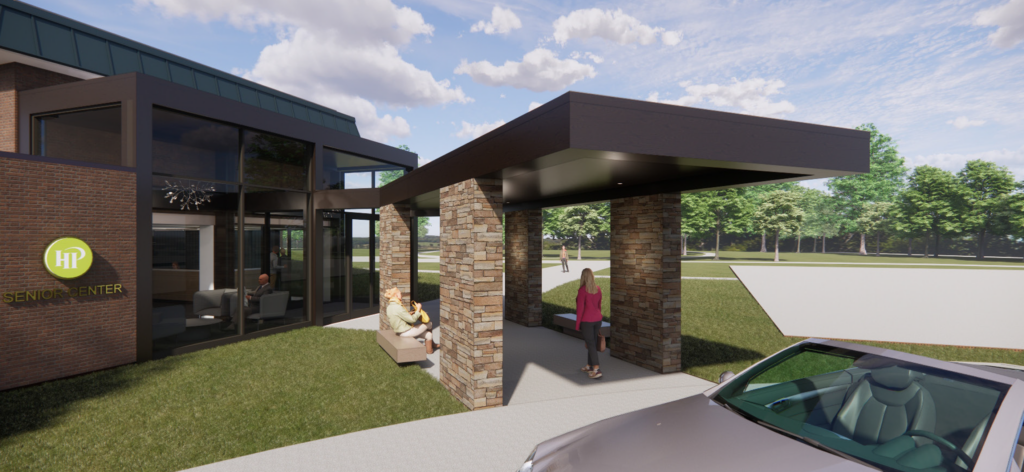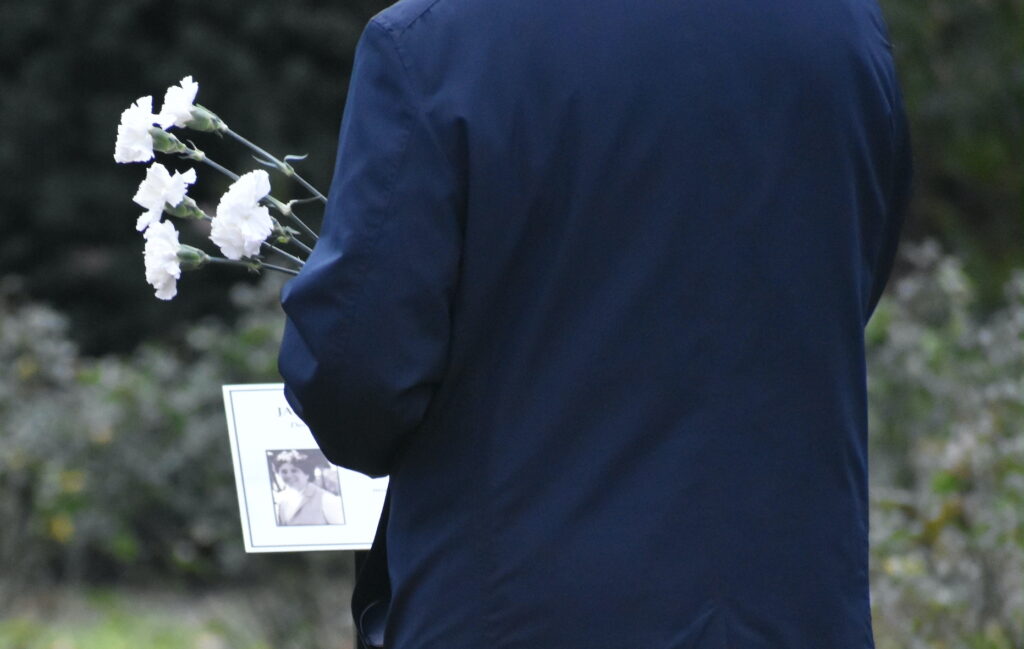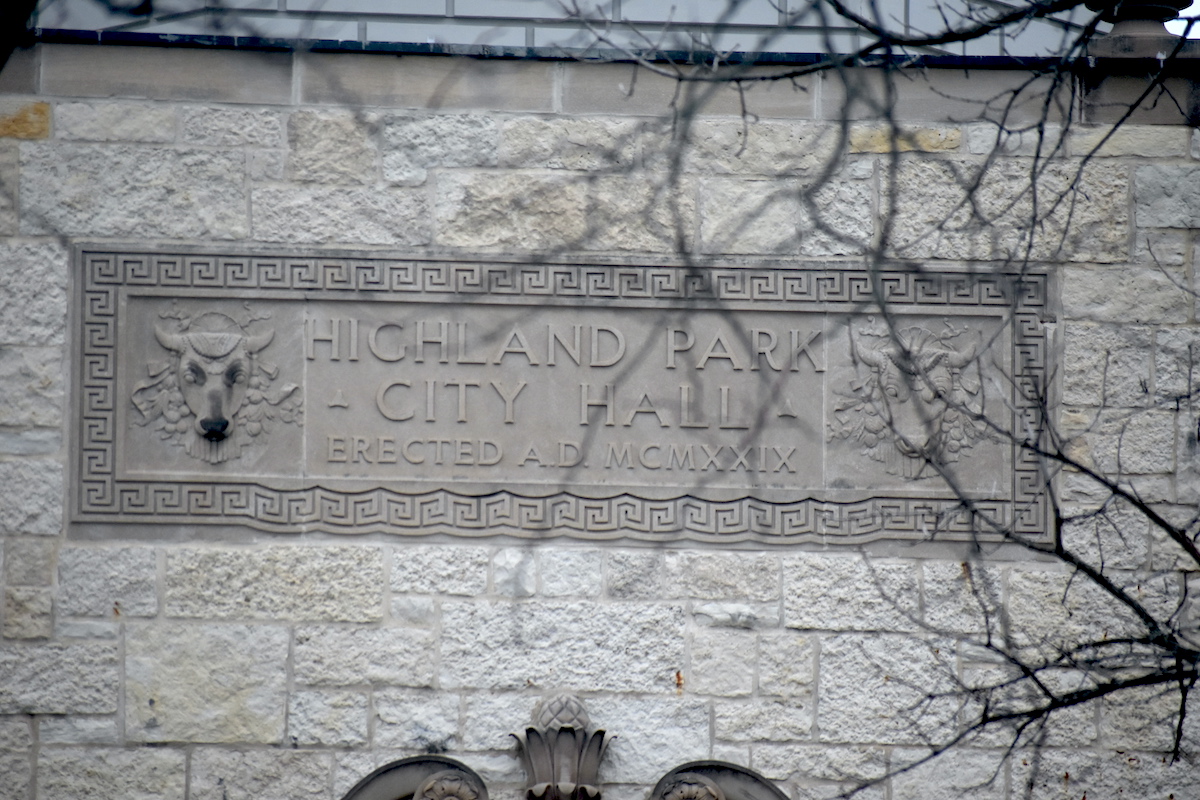
Liquor-license conflict continues in Highland Park as mayor refuses to consider change in 2024
An issue that has now for nearly a year divided Highland Park’s City Council, created an uproar in segments of the community and led to a referendum on voters’ ballots will have to wait until at least the new year to reach a resolution.
Highland Park Mayor Nancy Rotering reaffirmed during the council’s Monday, Nov. 18 meeting her commitment to revisiting in 2025 a provision in the town’s code that prohibits councilmembers from holding liquor licenses.
As previously reported by The Record, an overwhelming number of Highland Park voters cast their support for amending that portion of the city’s code. Per Lake County results, just under 82 percent of voters favored the non-binding referendum that was placed on the November general election ballot.
Rotering’s assertion Monday evening echoes a statement she issued on election night that noted the council would discuss the issue in 2025. It also counters calls from residents and two sitting councilmembers to place review of the provision in the city’s liquor code on the board’s agenda as soon as possible.
“As the mayor, I take very seriously the responsibility of listening to our community, respecting the input of our residents and ensuring that our city operates with transparency and integrity in alignment with its priorities,” Rotering said Monday night.
“We all up here value public opinion, and this topic has been included in our 2025 work plan for further discussion and consideration,” Rotering added.
The mayor later decried the requests to move up the council’s consideration of the matter.
“The suggestion to deviate from this plan and call for an immediate vote on this issue is not only unnecessary, but it undermines the collaborative, transparent process that we rely on to make decisions,” Rotering said. “It’s vital that we approach this topic in a way that is consistent with our values, respects the voice of all residents and allows for informed deliberation and not rushed judgments.”
Rotering noted that she “respects the rights of (her) fellow councilmembers to share their perspectives” but simultaneously urged them to “honor the process we have in place.”
“Anything less sets a precedent that threatens the deliberate governance that our residents expect and deserve and I look forward to engaging in a robust discussion with the full council when this topic is addressed in 2025,” she said.
Shortly after Rotering’s remarks, which came early on in the session and prefaced the public comment portion of the meeting, Councilmember Annette Lidawer argued the council should respond to the will of the public right now instead of waiting until next year.
I will not ignore the unity and an overwhelming showing of support by Highland Parkers. They want results.” Annette Lidawer, Highland Park councilmember
Lidawer opened her remarks at the meeting saying that she was addressing both the community as well as her fellow councilmembers.
During her brief remarks, Lidawer said she attempted to place review of the provision on the agenda for the Nov. 18 meeting. But she noted that only one councilmember, Andrés Tapia, joined her in support of that addition.
Items can be placed on the council’s agenda only by the mayor or by a consensus of three board members, Lidawer said.
“How much does this council want to waste in additional resources, staff time and taxpayer dollars to determine a question that 82 percent of the voters just told us they want,” Lidawer said. “Are we that bureaucratic that we can’t listen to the voters and pass this initiative now?”
Lidawer concluded by arguing that the community spoke loudly on this topic and is not divided in its directive for the council to act swiftly.
“I will not be a party to suppressing the voice of the voters,” she said. “I will not ignore the unity and an overwhelming showing of support by Highland Parkers. They want results. … The voters have spoken and we as a council should act. We’ve heard you and we should respond with change now.”
Tapia followed Lidawer’s remarks by mirroring a similar level of frustration. He opened by saying that while he hears the mayor’s comments on the matter, his point of view is “diametrically opposed.”
Tapia said the council’s handling of the situation feels like “a tennis match between common sense and the mad hatter.”
He later argued that the will of Highland Park citizens is being disregarded.
“We have the chance in our hands in the wake of the referendum to do the most obvious, common sense, straightforward process of enacting the people’s will,” he said. “Our role as representatives of the people is simply, purely and respectfully to honor it.”
Rotering responded to comments from Tapia and Lidawer asking what has changed in the situation to create such an urgency.
She noted that the council’s work plan “hasn’t changed, the council’s commitment to hearing what the community has asked hasn’t changed and the timeline being communicated immediately after the election hasn’t changed.”
Both Tapia and Lidawer stated a belief that the main factor in the situation that’s changed is the results of the referendum. Tapia also highlighted his concern for what he described as the emotional health of the community.
“Why do we keep dragging our community through this, particularly a community that has said ‘stop, this is what we want, let’s move on,'” he said. “I think it’s irresponsible for us to not care for our community’s emotional health aside and in addition to the policy merits and I think it’s within our power to really release our community from this and move on.”
The council’s discussion on the matter wrapped up with Rotering thanking her peers for their input and again reiterating that officials “will be discussing this in 2025.”
Public comment
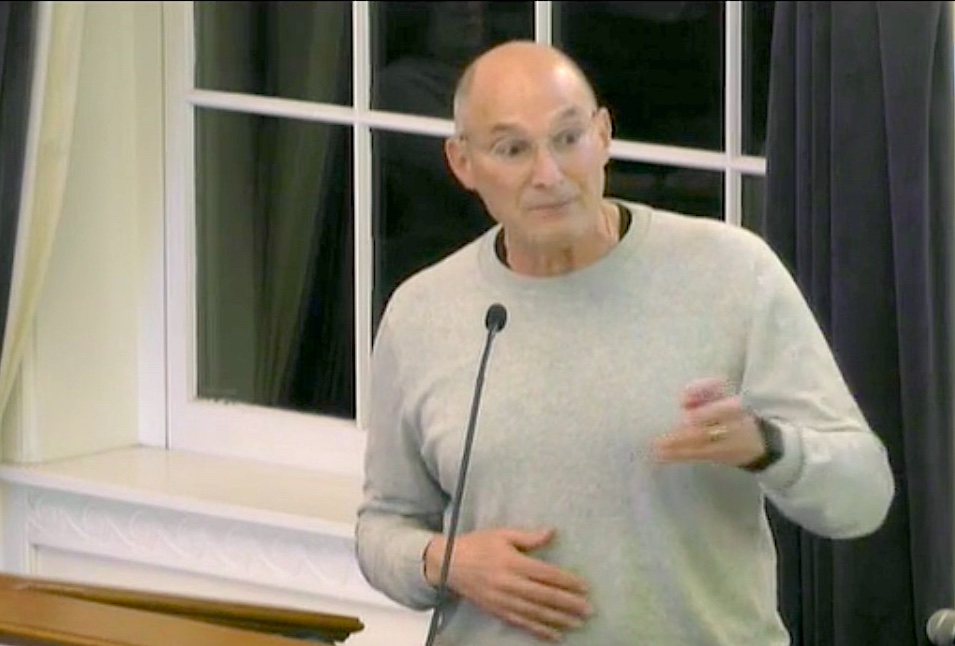
Ten residents addressed the council during the public-comment portion of the meeting. Each of the locals who spoke during the session expressed disappointment with the council for its lack of action on the issue.
Since discussion regarding the provision in the liquor code became public-facing earlier this year, the council has, over the course of several meetings, heard adamant opposition from a growing number of community members.
Faye Rosenberg, a resident and business owner in Highland Park, said she believes it’s “laughable and a shame” for the council to say that it values public opinion.
She urged the board to stop with what she called “dilatory tactics” and “revenge politics.”
“Our town is at a standstill and it’s becoming a laughingstock because of the antics of the mayor and the named councilmembers,” she said. “ … So much of this could have been long avoided. A year and a boatload of money and time was spent on researching this issue. You got all the answers you wanted. To delay it any further is baloney.”
Richard Becker, a former member of the zoning board and the historic preservation commission, described the council’s handling as “stubborn intransigence to ending our Prohibition-era, antiquated liquor license law.”
He later said the “entire matter is a stain on Highland Park.”
“Please stop gaslighting on this issue and address this now,” Becker said. “Please respect the will of Highland Park voters. You work for them. You can and should do better.”
Irwin Bernstein, the man behind a local petition that garnered more than 2,500 signatures and led to the referendum, said the councilmembers who are refusing to move consideration forward are showcasing a “total lack of respect for the voters of Highland Park.”
“On election day, we the people of Highland Park delivered an unmistakable message,” he said. “Amend the liquor license laws. Allow our citizens — not the mayor, not the council — to decide who represents them.”
The obscure portion of the current Highland Park code, a Prohibition-era law, led to months of public debate, substantial resident feedback and eventually the resignation of Councilmember Jeff Hoobler, who is named on the liquor license for Ravinia Brewing Company.
The provision made its way to the forefront of both public and city council discourse in early 2024 when, after being made aware of its own liquor-license code, Highland Park officials considered amending it to allow for elected officials to hold liquor licenses.
But a proposed amendment split the board in half and failed to pass during a contentious meeting in mid-February. Hoobler later resigned from the council in April, as first reported by The Record.
The Record is a nonprofit, nonpartisan community newsroom that relies on reader support to fuel its independent local journalism.
Become a member of The Record to fund responsible news coverage for your community.
Already a member? You can make a tax-deductible donation at any time.
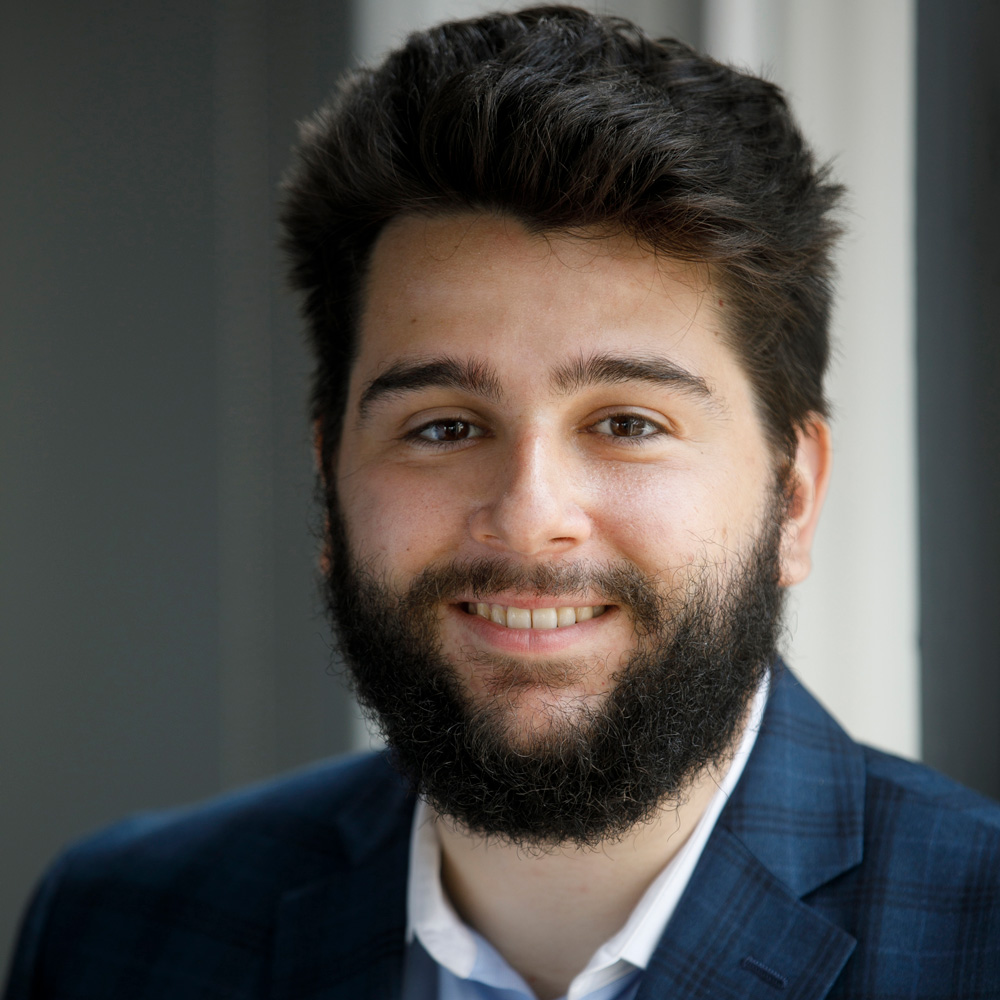
Martin Carlino
Martin Carlino is a co-founder and the senior editor who assigns and edits The Record stories, while also bylining articles every week. Martin is an experienced and award-winning education reporter who was the editor of The Northbrook Tower.

